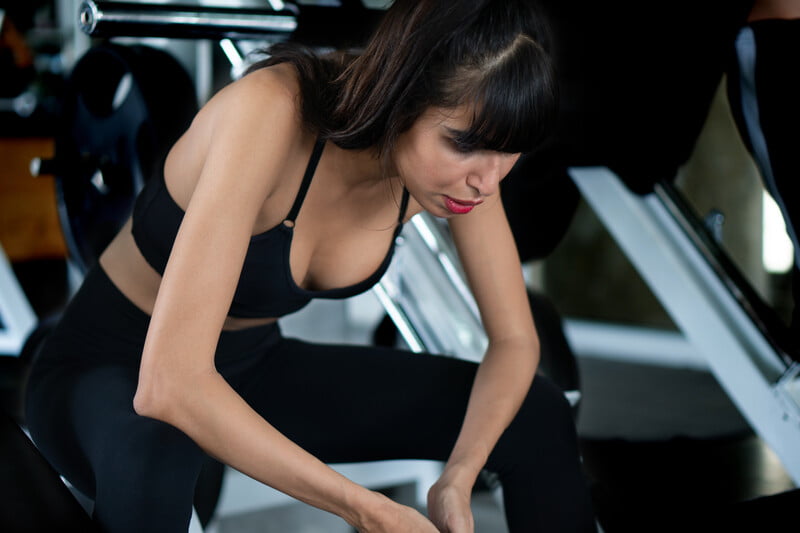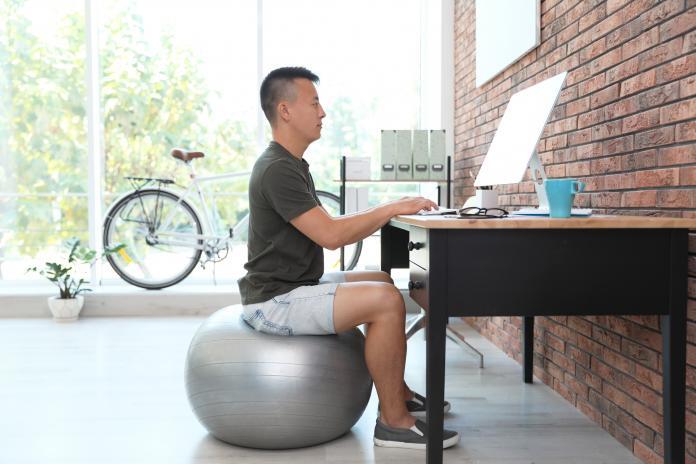Exercise has more health benefits than just about anything else out there. It lowers your blood pressure, reduces your blood sugar, balances your blood cholesterol levels, strengthens your heart, improves your cognitive function, boosts your immunity, brightens your mood, helps you sleep, builds muscle, hardens your bones, helps you maintain a healthy weight, and more. However, there are some risks to be aware of. One risk to watch out for is heat exhaustion. Here are three ways to ensure that the heat doesn’t get the better of you when you exercise.
Take Breaks
When you exercise hard you should take breaks as needed. This is true anytime but especially in hot weather or during a particularly intense workout. For example, fitness experts recommend taking a one or two-minute break for every 9 minutes of intense exercise, such as a long run or bike ride.
You don’t have to stop, just slow it down for a bit so that your body has the chance to recover. And don’t worry–short mid-workout breaks can actually improve your performance.
Drink More Water
Sweat is your body’s primary cooling mechanism. If you don’t drink enough water before, during, and after your workouts, you won’t be able to produce enough sweat to cool yourself down. This can lead to dehydration and heat exhaustion. Of course, you don’t want to drink too much water, either.
Drinking too much water can lead to side effects such as nausea. A general guideline is to drink 7-10 ounces of water every 10-20 minutes during a workout. Of course, that amount can go up or down depending on the weather and the intensity of your workout.
Don’t Exercise Outdoors When Temperatures Soar
In the summer months or in very hot climates try to avoid working out in the heat of the day. Take advantage of the early morning or evening hours when the sun isn’t so direct. Or, if it is really hot outside, stay indoors to exercise. If you can’t avoid exercising when it’s hot out, you will need more water and more frequent breaks. It’s simply not worth pushing yourself beyond your body’s limits.
Exercising hard runs the very real risk of causing heat exhaustion. Heat exhaustion is a serious medical condition that can cause headaches, nausea, dizziness, fatigue, faintness, and vomiting. Left unchecked, heat exhaustion will lead to heat stroke and even death. Don’t play with your health. Take the precautions necessary to get all of the benefits of exercise with none of the risks.
Did you enjoy reading this article? Here’s more to read: 5 Ways Yoga Impacts Your Brain Health







